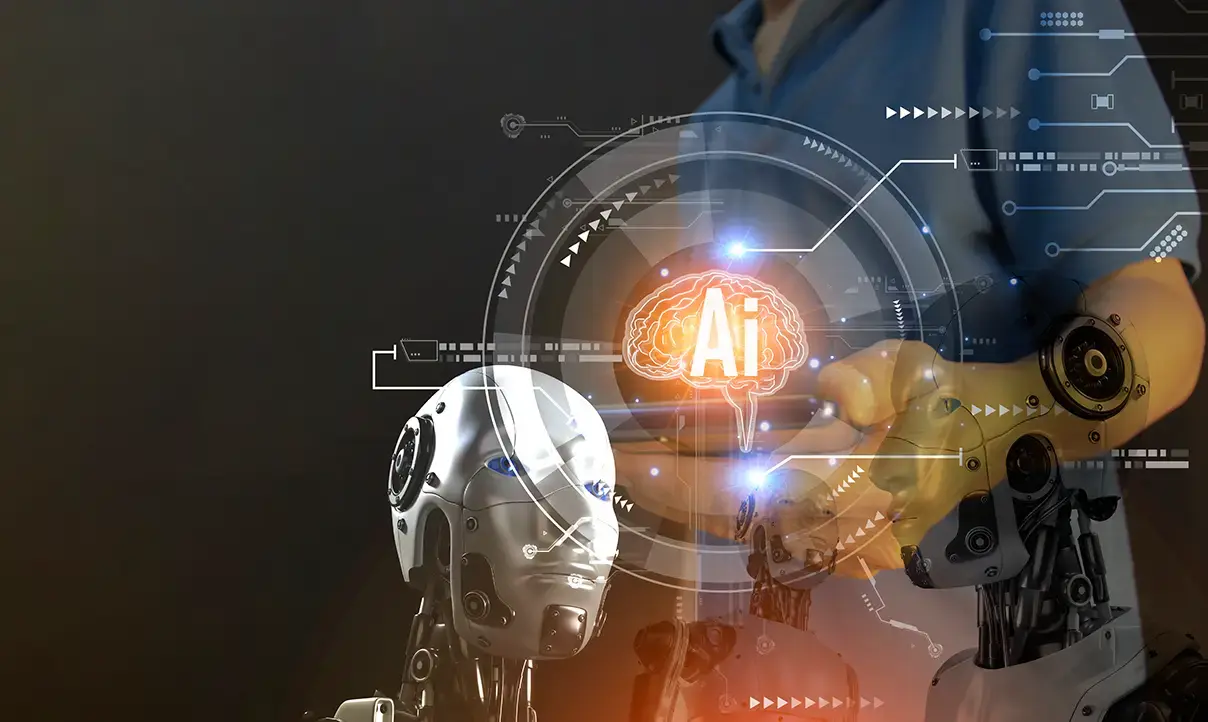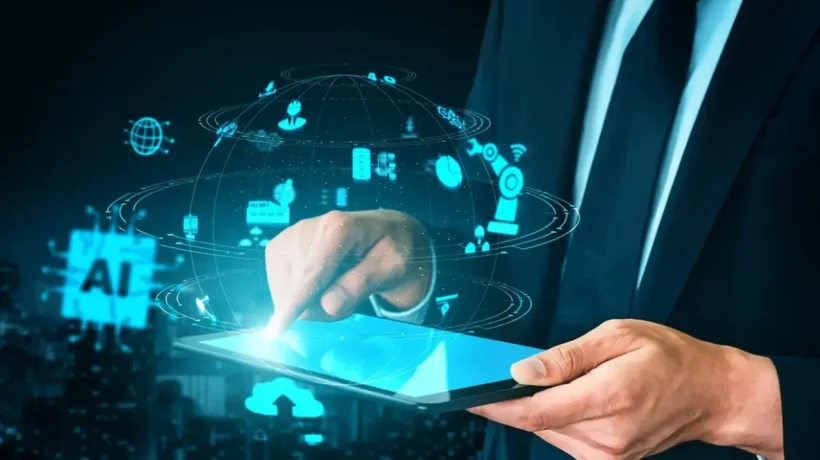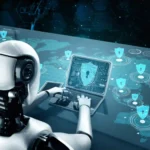Researchers at the US Department of Energy’s Oak Ridge National Laboratory predict that by 2040, AI could transform the software industry so much that machines might write most of their own code, possibly replacing human developers.
As we look ahead, the role of artificial intelligence in software development is set for a big change. With advances in machine learning, natural language processing, and code generation, could we see a future where machines do most of the coding?
What will this mean for the people currently working in software development? And how will companies need to adapt to these changes?
In this blog, we will look into five key areas where AI is expected to make waves in the software industry. We also will look at how software development might change, what it means for jobs, and how the industry could shift.
Automated Code Generation
Impact: AI-powered tools can write code based on natural language descriptions, dramatically reducing the time and effort required for software development.
Example: GitHub Copilot, which assists developers by suggesting code snippets.
Future Development: More sophisticated AI models could handle complex coding tasks, potentially creating entire applications from scratch.
Enhanced Testing and Debugging
Impact: AI can automate software testing, identifying bugs and vulnerabilities faster and more accurately than human testers.
Example: Tools like Testim and Applitools use AI to enhance automated testing.
Future Development: Predictive analytics could foresee potential issues before they arise, improving software reliability and security.
Personalized User Experiences
Impact: AI can analyze user behavior and preferences to create personalized software experiences.
Example: AI-driven recommendation engines in platforms like Netflix and Spotify.
Future Development: More tailored software interfaces that adapt in real-time to user needs and preferences.
Intelligent Process Automation
Impact: AI can automate routine and repetitive tasks, freeing up developers to focus on more complex and creative aspects of software development.
Example: Robotic Process Automation (RPA) tools like UiPath and Blue Prism.
Future Development: Advanced AI systems could manage entire workflows, optimizing processes across the software lifecycle.
AI-Driven Decision Making
Impact: AI can analyze vast amounts of data to support decision-making processes, providing insights that might be missed by human analysts.
Example: Business intelligence platforms like Tableau and Power BI incorporating AI analytics.
Future Development: AI could become a critical component in strategic planning and project management within the software industry.
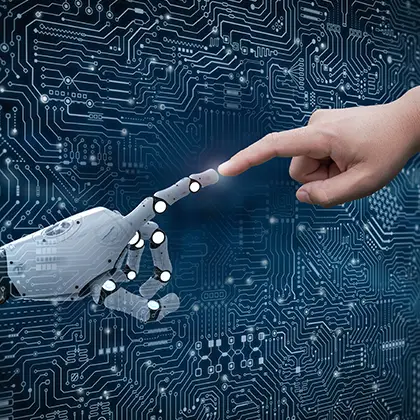
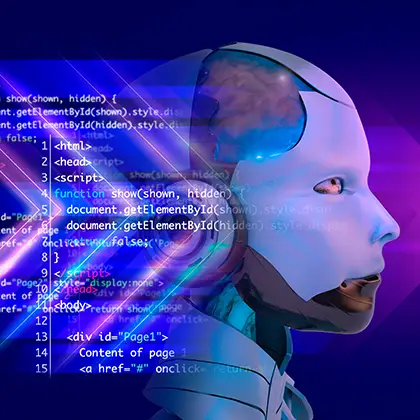
How Software Development Might Change
Now that we have examined the 5 key areas AI is most likely to impact, the next question is what the future of software development holds.
Here is how software development might change:
Increased Efficiency: With AI handling mundane tasks, developers can focus on innovative and strategic activities.
Faster Development Cycles: Automation and AI-driven tools can speed up the development process, reducing time-to-market.
Quality Improvement: Enhanced testing and debugging processes can lead to more robust and reliable software.
How Software Development Might Change
Now that we have examined the 5 key areas AI is most likely to impact, the next question is what the future of software development holds.
Here is how software development might change:
Increased Efficiency: With AI handling mundane tasks, developers can focus on innovative and strategic activities.
Faster Development Cycles: Automation and AI-driven tools can speed up the development process, reducing time-to-market.
Quality Improvement: Enhanced testing and debugging processes can lead to more robust and reliable software.
What It Means for Jobs
Jeff Dean, Senior Fellow at Google AI, believes that while AI can help programmers write better code and speed up development, it still lacks the creativity and problem-solving skills to fully replace them.
So, what does it mean for jobs? Well, here is what you can expect:
Job Transformation: Roles will shift from manual coding and testing to more strategic and creative positions, such as AI trainers, data scientists, and machine learning engineers.
Skill Upgradation: Developers will need to acquire new skills related to AI and machine learning to stay relevant in the industry.
New Opportunities: The rise of AI could create new job categories and opportunities within the software sector.
How the Industry Could Shift: Bottom Line
In conclusion, AI is set to shake up the software industry. We can expect faster innovation, with new software popping up everywhere.
Companies that jump on the AI bandwagon early might gain a big advantage, changing the competition.
However, as AI becomes a bigger player in software development, we will need to tackle ethical issues like bias, transparency, and accountability. Addressing these concerns will be key to making sure we use AI wisely and fairly.
